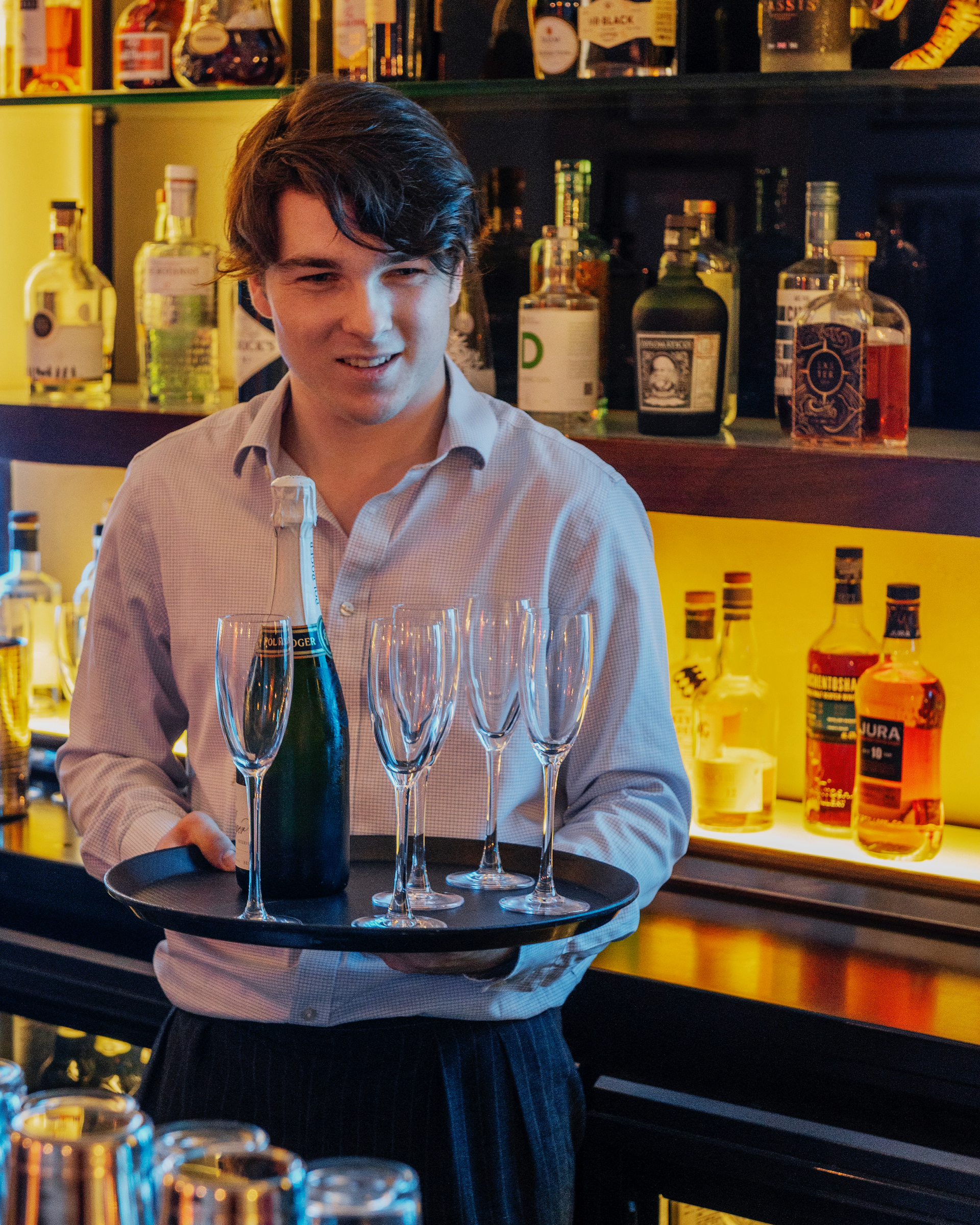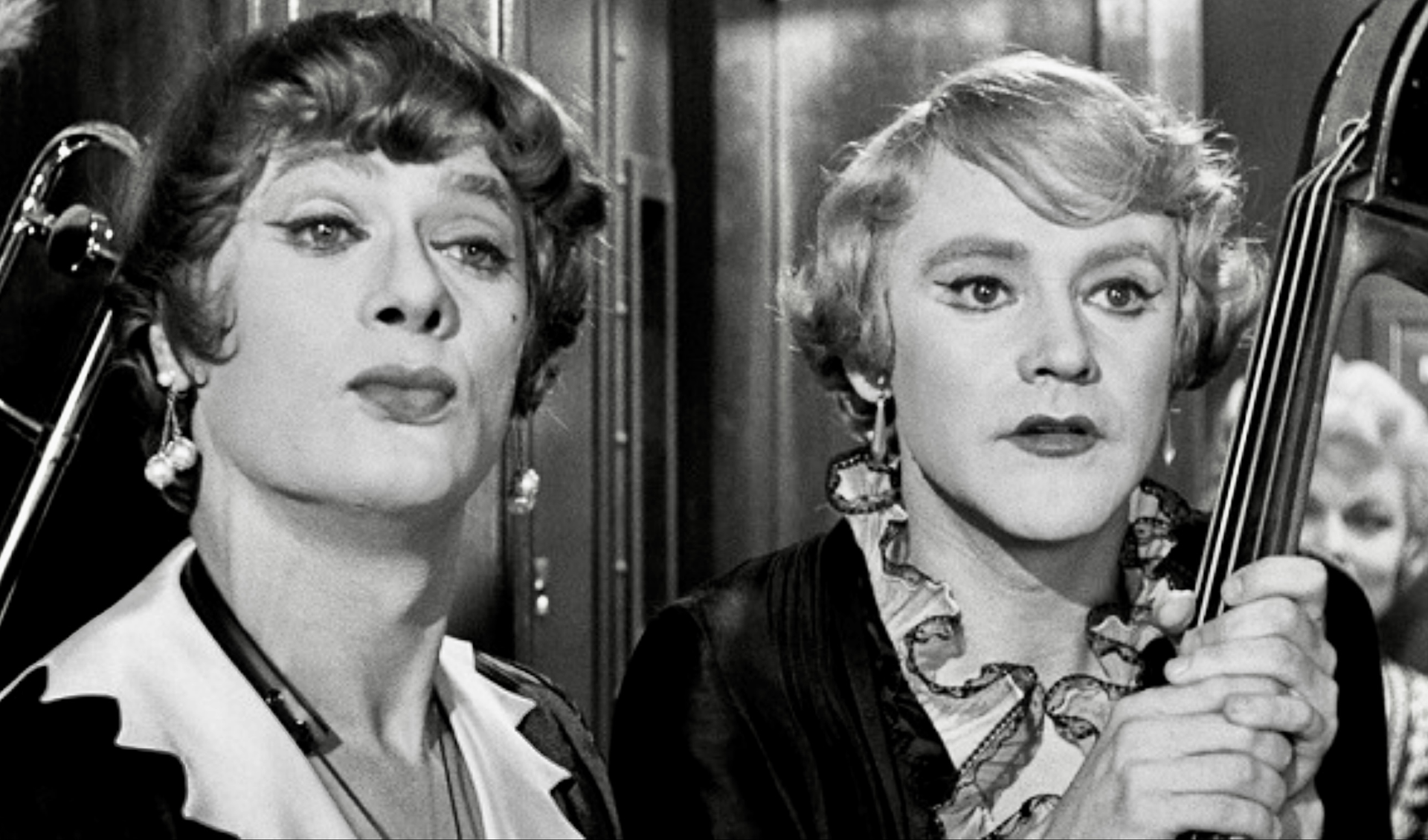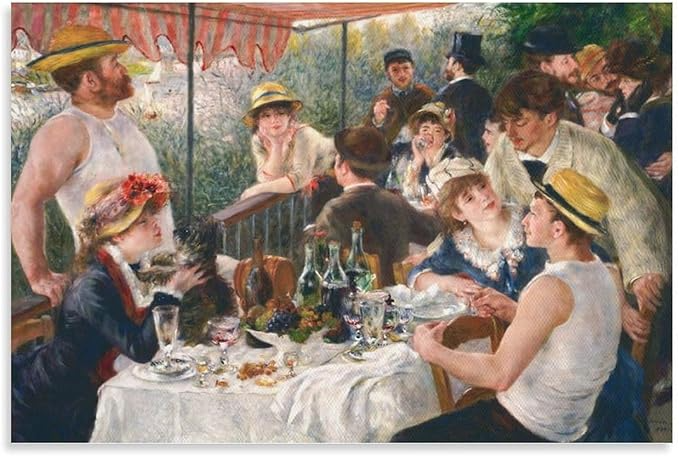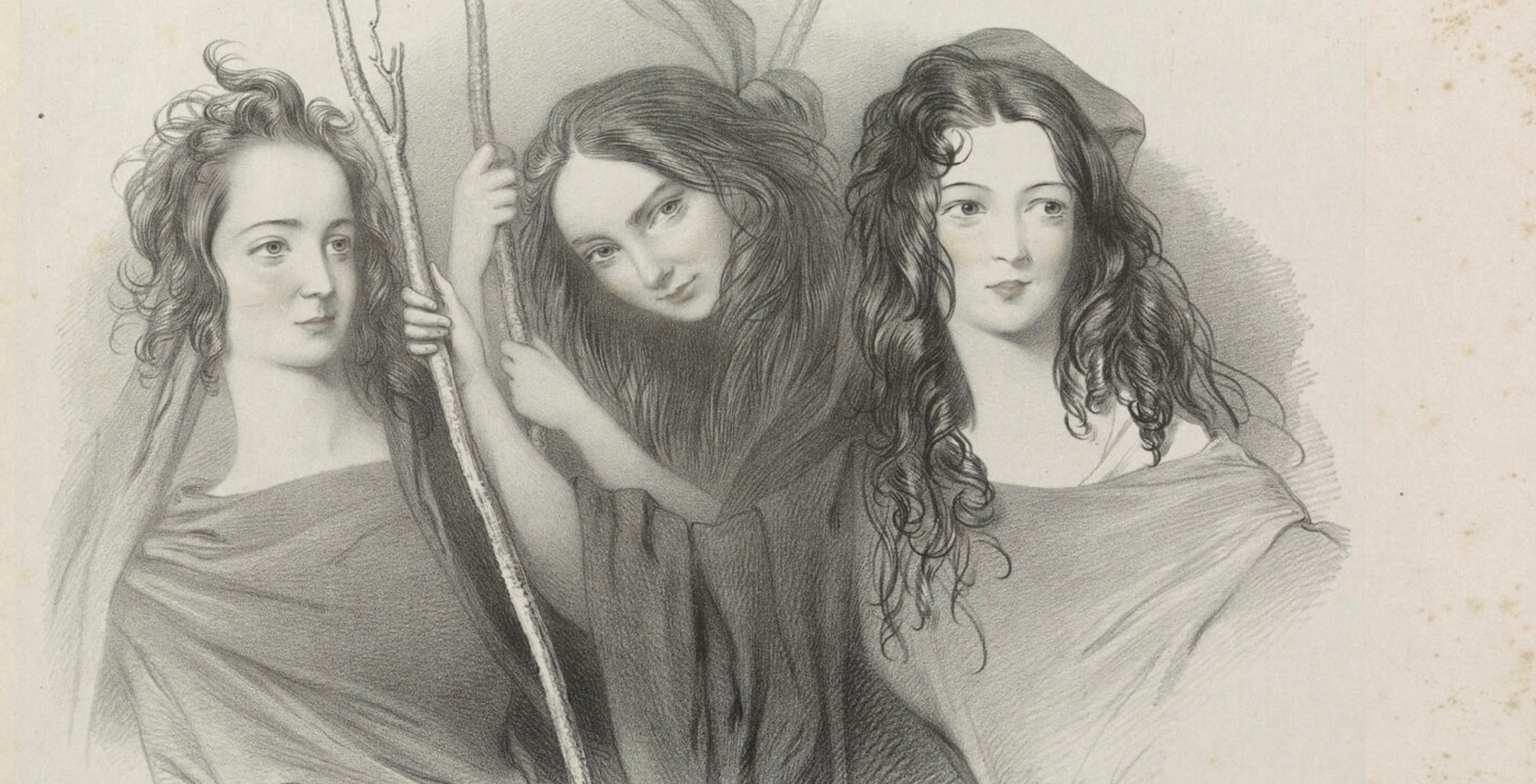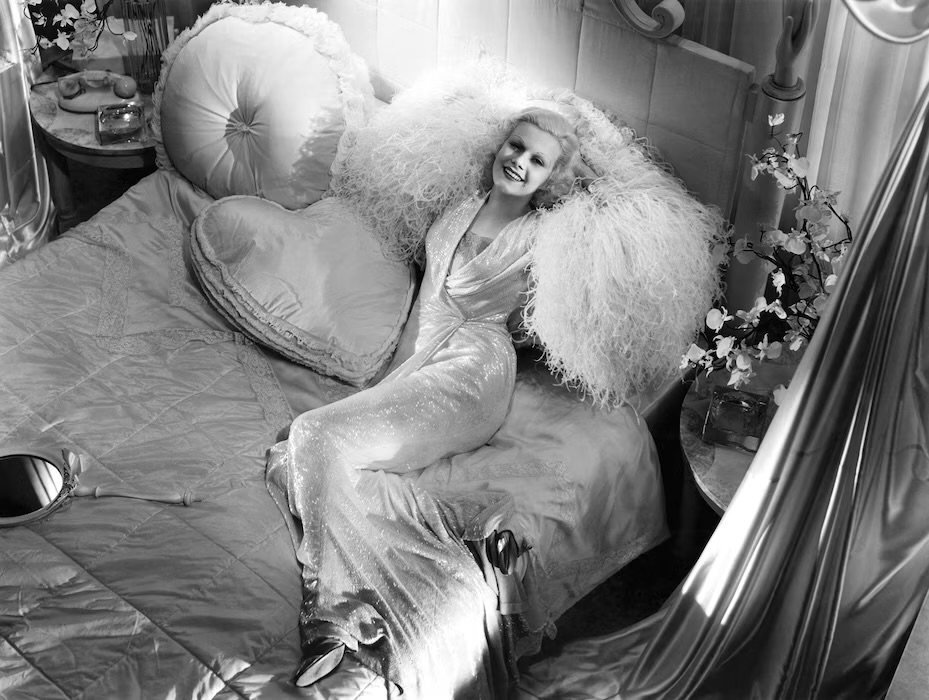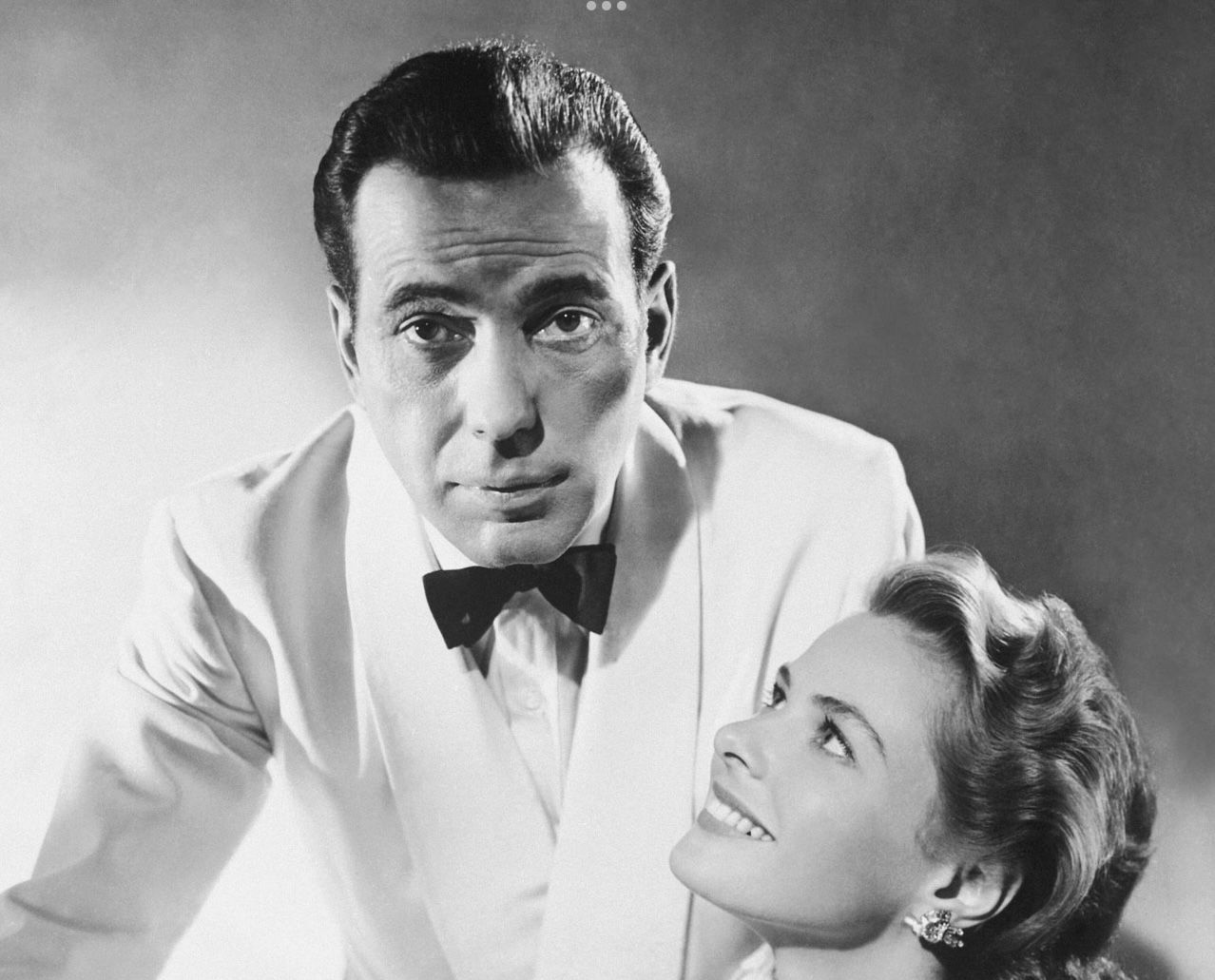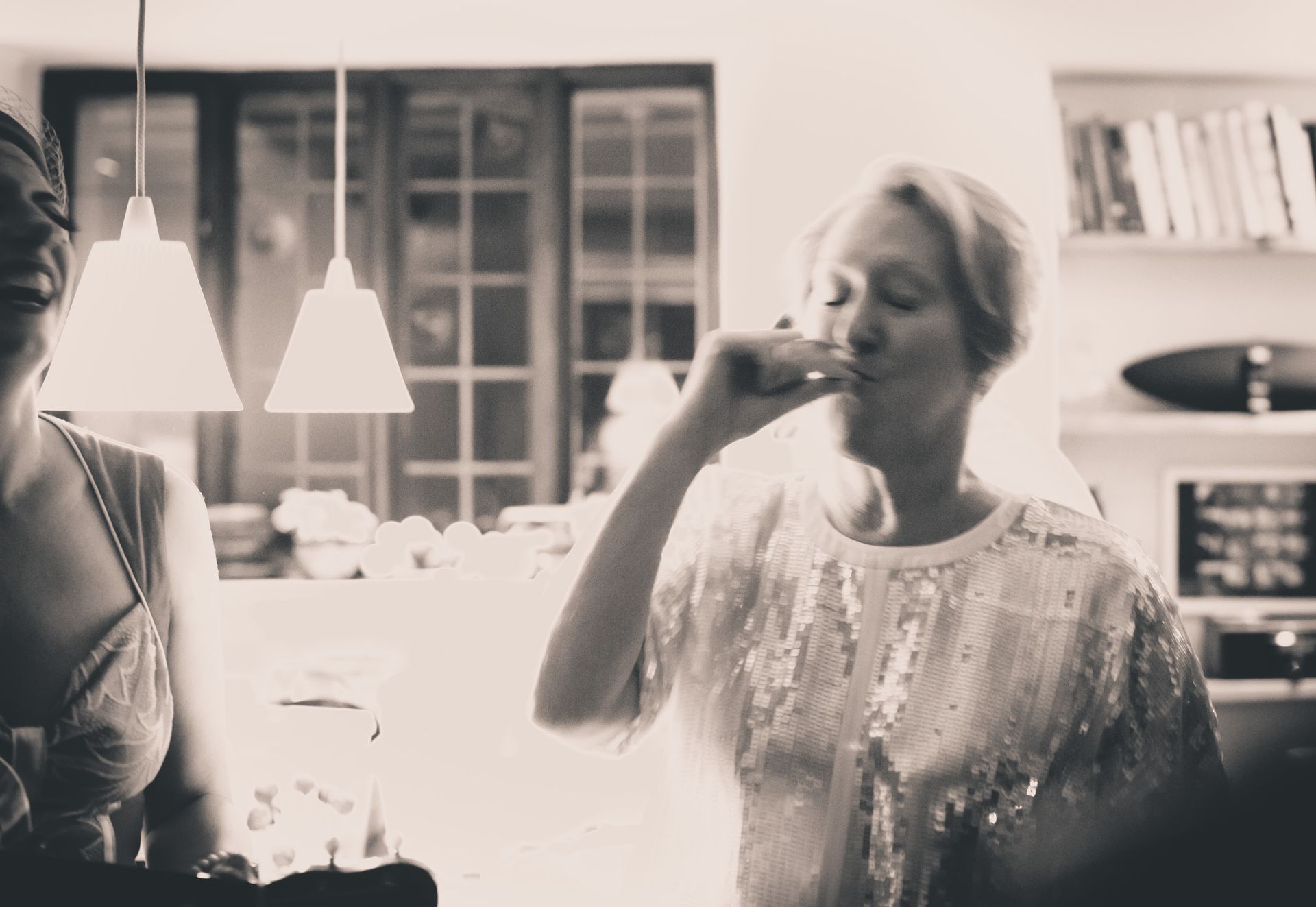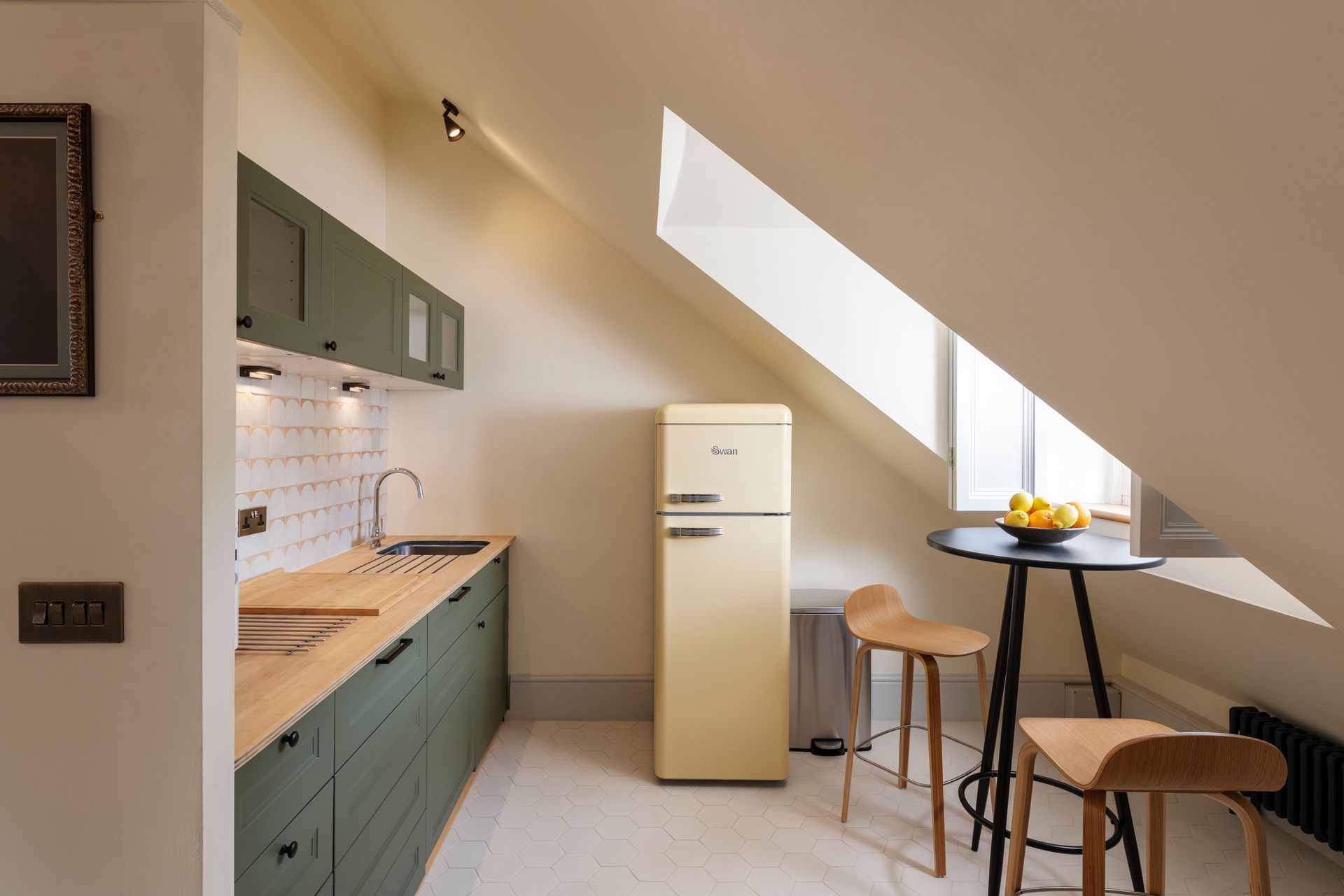What is an Hotel?
The word ‘hotel’ is triggering the British public, including me.
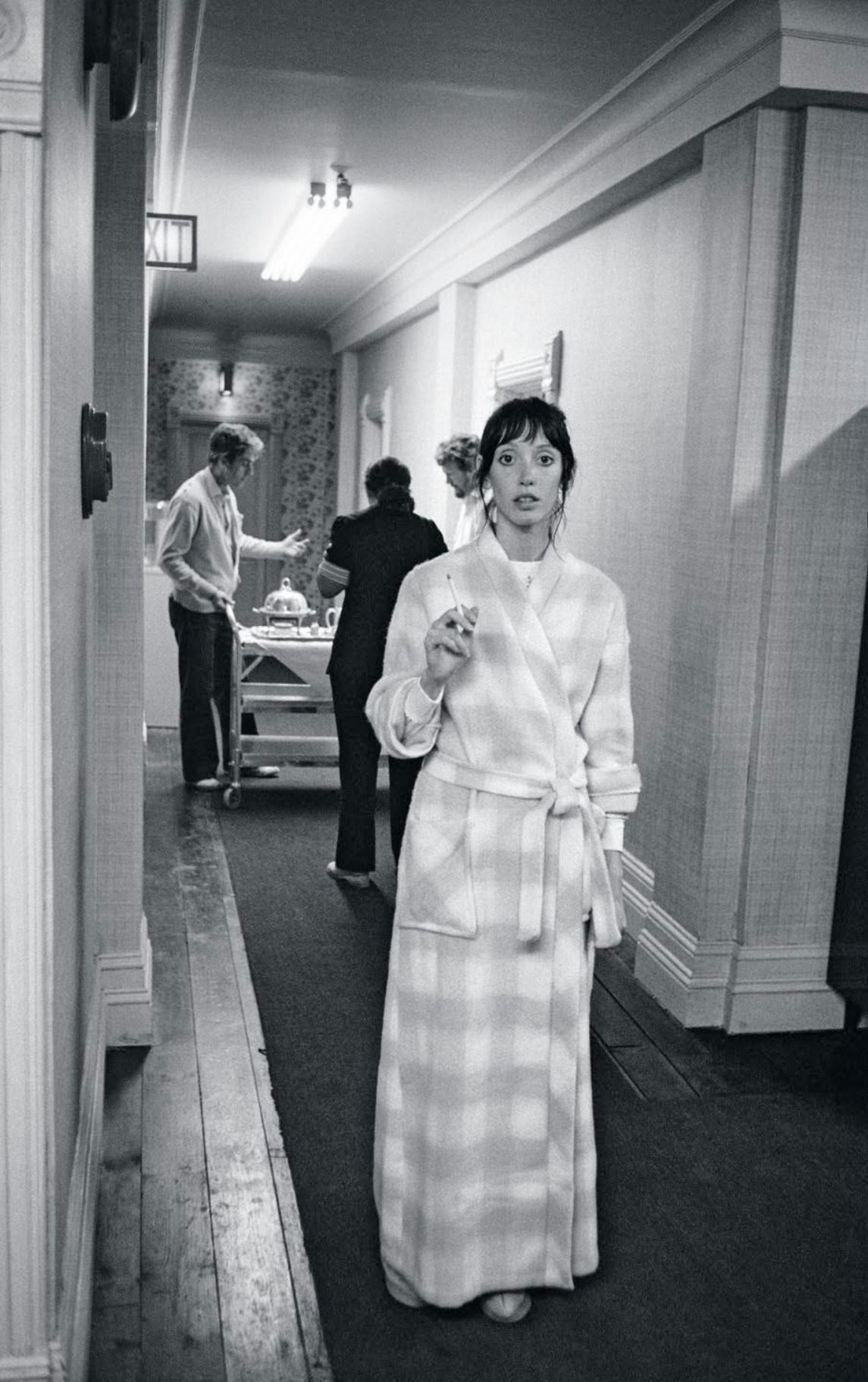
It’s at the end of every headline and the start of every conversation around migration. A word, a noun, an hotel, is made the crucible of a problem. As something close to my heart, I stop to consider - what broadly is understood by this thing, an hotel? Whatever the outcome of the debate and whatever the fix, migrants will still need somewhere with a roof and walls, security and the basics of food and warmth for however long it takes. Why not in an hotel? We know in our heads that not all hotels are created equal. They may guarantee a ‘good night’s sleep’ and be there when you need them, but they can still be just horrible. At the other end of the scale, in our hearts, they are dream factories; selling and delivering the idea of escape, experiences, something out of the ordinary. I am quite sure that those hotels housing migrants are stripped back to the bone; this is not a treat. Yet, and yet, the idea that these people are being pampered keeps surfacing, despite the images, stories and our basic common sense that the accommodation provided must be basic. There’s a collective and generic mythology about ‘hotel’ that’s responsible.
Across the spectrum, and in my experience until now, hotels were regarded with affection, usually comic as is our British way: from Fawlty Towers to The Grand Budapest Hotel; from Four in a Bed to The Savoy; Crossroads (dates me). Examples which are shorthand for eccentricity with a heart, splendour with graft behind it. A night in an hotel is not routine. Is that sitting behind people’s bafflement and infuriation?
A quick check-in on history: The French word hôtel, means a ‘large town house’ or ‘lodging place’. In the 18th century, hôtel particulier was a nice city mansion; an association with grandeur took root - although these were still then private dwellings. By the 19th century, ‘hotel’ in Britain meant more than just a room for the night; it meant service, food, and refinement. Unlike ‘inns’, ‘lodgings’ or ‘boarding houses’, hotels were a step up the social ladder. They were places of choice, rather than necessity. Today, an hotel retains that aura of luxury, despite the rise of budget chains and functionality. Premier Inn and Travelodge have chosen their branding and are clever with managing market expectations accordingly.
When the concept of generosity, hospitality and good vibrations; an hotel in it’s true sense, rubs up against the opposite a vacuum will form. We sense the reality of basic accommodation, en masse, for months on end, with no choice or autonomy, but we still see the word ‘hotel’ with its shiny, special connotations.
Because there’s a word that goes with ‘hotel’ like - any perfect combination you can name. It’s ‘guest’ - part of the DNA of hotel. The connotations of ‘being invited’ are obvious. A guest is an independent consumer, a chooser. A guest’s choice ultimately determines the value of an hotel. When a guest isn’t a guest, where does it leave ‘hotel’ in the public imagination? Or in the imagination of people risking their lives to find shelter in something shiny and special at a distance? The perception of choice, luxury, aspiration is projected onto the naked fact of a building, but it’s only what happens inside the building that breaths life into it. Leisure and choice is the opposite of asylum.
As Sir Trevor Philips has just noted: people have celebrated weddings, anniversaries, family gatherings in the very places that are now housing migrants - no matter that the guts of ‘hotel’ have been eviscerated to accommodate them; it feels like subversion of their narrative in the public consciousness.
Did these optics pass over the head of government in 2019, when it leaned on hotels as a stop-gap for housing asylum seekers? On paper, it looks pragmatic: hotels were available and flexible and even more so 2020-onwards. These buildings now have a guaranteed government contract of 100% occupancy, virtually zero F&B costs, vastly inflated tariffs (uncommercial since supply and demand are non existent), zero commissions and a vat concession. This is the opposite of the organic, fluid, seasonal, people-oriented and service-driven culture that is so vital to hospitality. This is a Frankenstein idea of ‘hotel’.

